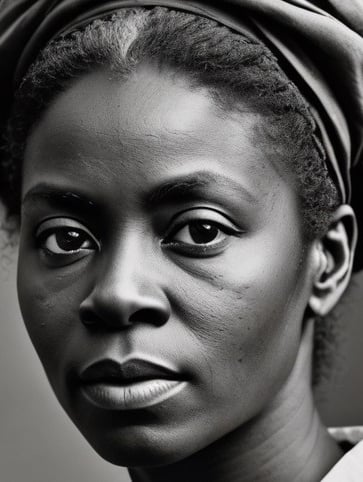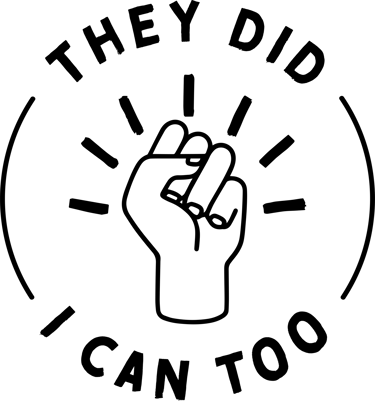

Mary Prince - Abolitionist
Born into slavery in Bermuda in 1788, Mary Prince’s early life was shaped by cruelty and the constant threat of being sold like property. Mary was bought by her first owners at the age of just twelve years old. By the time she was a teenager, she’d already been passed between multiple enslavers — suffering increasingly brutal physical abuse, heartbreaking separations, and the relentless dehumanisation of plantation life. When she was about twenty-four years of age Mary married a free Black man, who had bought his freedom, his name was David James. However, she had not asked permission from her slave owners the Woods. When the Wood's found out, they were livid and the beatings increased.
In 1828, Mary arrived in England with her enslavers, the Wood family. Once there, she discovered that slavery was illegal on British soil. Whilst still in Antigua Mary had joined the Moravian church. She ran away and sought refuge with the Moravian church in London. Abolitionists Thomas Pringle and solicitor George Stephen tried to persuade Wood to sell Prince so she could return to Antigua a free woman to join her husband. They flatly refused, so if she returned Prince would still be owned by them. Pringle and Stephen took Prince’s petition to Parliament but it was denied. By this time the Wood's had returned to Antigua.
Mary Prince worked as a domestic servant for the Pringles for which she received payment. They suggested that she write about her experience as a slave, Mary narrated the book, which was written by Susanna Strickland and edited by Pringle.
Mary became the first Black woman to publish an account of her life in Britain, working with the Anti-Slavery Society to tell the truth about the brutality of enslavement, from someone who had lived it. Her book, The History of Mary Prince (1831), was revolutionary. It wasn’t written in flowery language, it was raw, real, and unforgettable. It told the British public, many of whom had never heard from an enslaved person directly. Readers learnt exactly what slavery looked like, felt like, and how lives were destroyed. The book made a massive difference.
Her testimony added fuel to a movement that was already rising, her voice caused a stir. The establishment and slave owners were rattled, Mary was accused of lying and exaggerating. The Wood's, her former slave owners, even tried to sue the publishers.
Mary’s account forced people to confront the violence that kept the British Empire rich and powerful. Her bravery helped move public opinion, and just two years after her book was published, Britain passed the 1833 Slavery Abolition Act. The fight was far from over but Mary Prince helped shift the tide.
"Oh my mammy and my sisters and my brother, shall I never see you again!"
Mary Prince
Want information about community jobs? Click HERE
